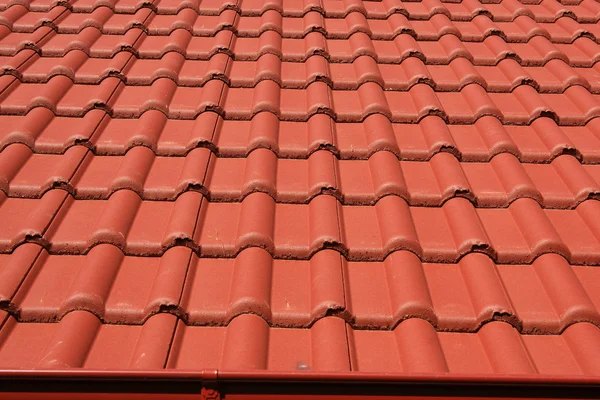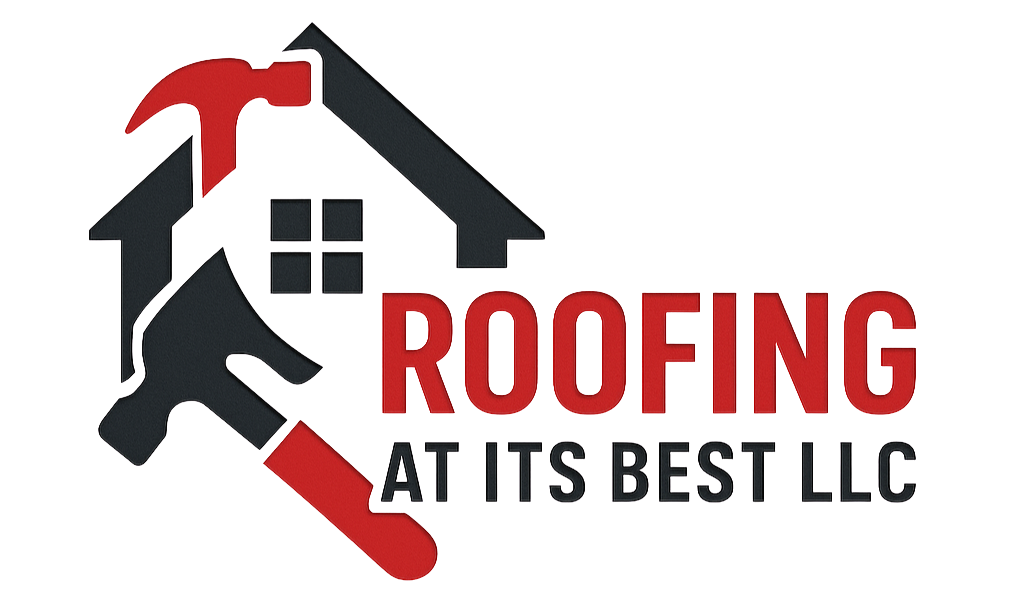Concrete Tile Roofs
Concrete Tile Roofs Materials
Concrete tile roofing is a popular and reliable choice for homeowners and businesses seeking a balance between strength, style, and longevity. As one of the most versatile roofing materials on the market, concrete tiles are engineered to withstand the elements while adding an attractive aesthetic to any property.
If you’re considering a concrete tile roof, here’s everything you need to know from benefits and drawbacks to pricing, sizing, and lifespan.

The Benefits of Concrete Tile Roofs
1. Exceptional Durability
Concrete tiles are built to last. They’re resistant to fire, rot, and insects, and they can stand up to extreme weather conditions including high winds, hail, and heavy rain. This makes them an ideal roofing solution in storm-prone areas like South Florida.
2. Energy Efficiency
Thanks to their thermal mass, concrete tiles can help regulate indoor temperatures by reducing heat transfer. This means your home stays cooler in the summer and warmer in the winter, contributing to lower energy bills year-round.
3. Design Versatility
Concrete tiles come in a variety of colors, shapes, and textures that can mimic the look of clay, slate, or even wood shake. This flexibility allows homeowners to achieve the look they want without compromising on performance.
4. Low Maintenance
Once installed, concrete tile roofs require minimal upkeep. Occasional inspections and cleanings are generally all that’s needed to maintain their appearance and function.
Potential Drawbacks to Consider
1. Heavier Weight
Concrete tiles are significantly heavier than asphalt shingles or metal roofing. This means your roof structure must be properly reinforced to support the weight. In some cases, structural modifications may be required before installation.
2. Higher Upfront Cost
While concrete tile roofs offer long-term savings, the initial installation cost is typically higher than standard shingles. However, many homeowners find the investment worthwhile due to the material’s durability and lifespan.
3. Brittle Under Pressure
Although concrete tiles are durable, they can become brittle over time. Walking on them improperly can lead to cracking or breakage, which may require repair or replacement of individual tiles.
How Long Does a Concrete Tile Roof Last?
One of the biggest advantages of concrete tile roofing is its lifespan. With proper installation and maintenance, a concrete tile roof can last 50 years or more. Many manufacturers offer warranties ranging from 30 to 50 years, underscoring their long-term durability.
Concrete tiles also age gracefully. Over time, they may develop a weathered patina that adds to their character without affecting performance. Occasional replacement of underlayment or flashing may be necessary over the decades, but the tiles themselves often outlive most other roofing materials.
Concrete Tile Roof Costs
The cost of a concrete tile roof can vary based on tile style, roof complexity, and regional labor rates. On average, homeowners can expect to pay:
Material Cost: $4 to $6 per square foot
Installed Cost: $10 to $20 per square foot
For a typical 2,000-square-foot roof, the total cost could range from $20,000 to $40,000, including materials and labor. While this may be more expensive than asphalt shingles, concrete tile roofing pays off with a longer service life and reduced maintenance needs.
Concrete Tile Roof Size and Coverage
Concrete roofing tiles are typically manufactured in standard sizes:
Flat Tile: About 16.5 inches long by 13 inches wide
Profiled Tile (S-shaped): Varies by manufacturer, usually around 17 inches long and 13 inches wide
Each tile covers approximately 1 square foot, though actual coverage can vary slightly based on overlap and pattern. Roofing professionals calculate coverage based on squares one square equals 100 square feet.
Because of the weight (usually around 900 to 1,100 lbs. per square), structural assessment is essential before installation.

